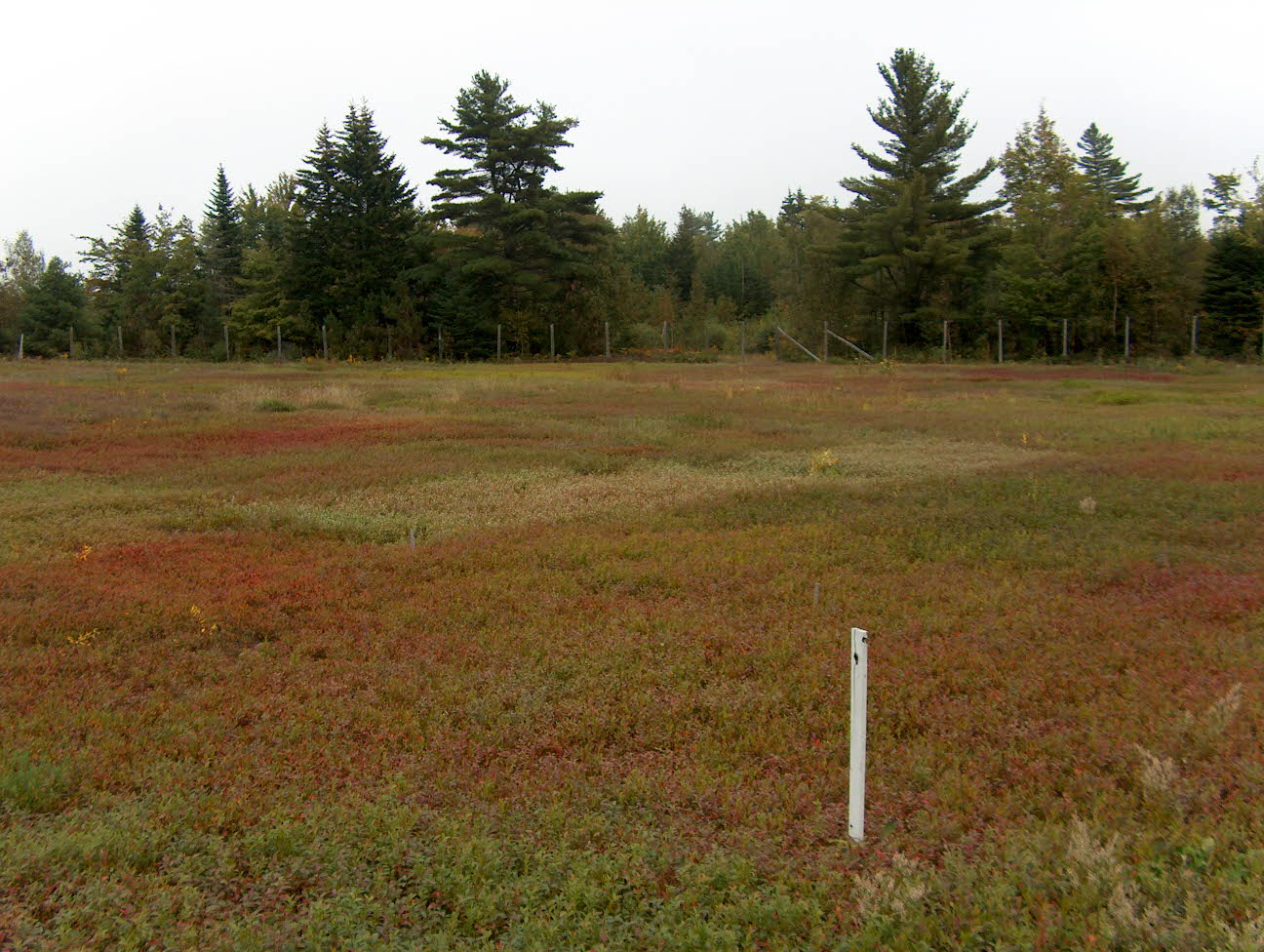
Sustainable nutrient management for Maine fruit and vegetable crops
Maine’s agricultural economy is restricted to some extent by short seasons, extremely cold winters and soils that may be erodible, acidic, low in organic matter, underlain with compacted glacial till or with a sandy subsoil that promotes nutrient leaching. In spite of the challenges, Maine has a thriving agricultural sector that has adapted to soil limitations by focusing on perennial and annual crops that are well suited to the environments in which they are grown. The two most obvious examples are wild blueberries and potatoes, both of which grow well on acidic soils. Maine also has a thriving economy in other fruits and vegetables, including apples, strawberries, brambles and broccoli, all of which can tolerate a degree of soil acidity, but can also be grown on soils with more moderate pH. This project will focus largely on nutrient cycling in Maine wild blueberry production, but will include nutrient management research on other important annual and perennial fruits and vegetables grown in the state. Emphasis will be placed on the potential for increasing organic matter levels, and thus the soil’s nutrient retention capacity, through additions of compost and retention of plant residues.
Investigator: Sarrantonio, M.
Unit: School of Food and Agriculture
Termination Date: 30-Sep-19
